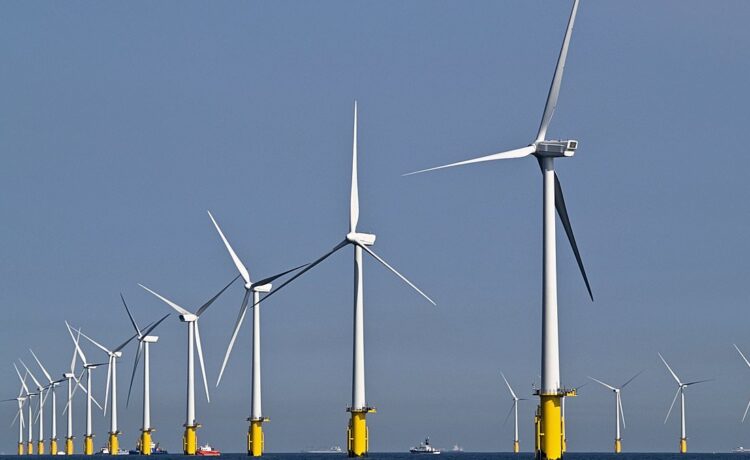Tobacco shares are the pariahs of the FTSE 100.
Yet for private investors and funds prepared to ignore the health harms of traditional smoking products, they are stellar income investments.
An update from Imperial Brands is positive, with the £15billion concern reporting strong income on the back of charging users more for their fags plus expansion of disposable vape sales.
Anyone willing to look through the medical consequences of smoking Winstons or rolling Golden Virginia, is rewarded with a dividend yield of 8.36 per cent. At £52billion BATS, maker of Dunhill and Kent, the prospective yield is 9.86 per cent.
If ESG investors, Labour’s Ed Miliband and Just Stop Oil protesters were to have their way, they would turn Europe’s oil majors Shell, BP and Total into less investible shares.
Shell barons Wael Sawan and predecessor Ben van Beurden warn this could lead it to switch share quotations to New York. It would be a tragedy for UK investors, and possibly taxpayers, if domicile moved at the same time.
Shell and BP have slowed their response to climate change but are still the largest investors in green projects in the UK.
As satisfying as it is that Britain has dramatically reduced its fossil fuel dependence, energy security remains paramount.
President Biden is offering subsidies of $1 trillion for climate change investment.
That has not stopped Exxon, among others, from doubling down on fracking in Texas’s Permian Basin.
Related Articles
HOW THIS IS MONEY CAN HELP
Natural gas extraction and burning is cleaner than oil and enormous investment by big oil is going into hydrogen and carbon capture.
London has long has been a great centre for natural resources companies but the underpinnings are being eroded. BNP escaped to Australia.
Glencore is under pressure from activist investor Tribeca Investment Partners to do the same. Shell and BP contribute to all our prosperity.
Driving them offshore, or turning them into corporate outcasts, would delay the path to a lower carbon future and make the London Stock Exchange irrelevant.
Adios Argentina
Emerging markets are a natural home for HSBC, with its long history in Asia. But Latin America is a bed of nails.
The use of branches in Mexico for laundering drug money cost the bank dearly with Congressional hearings, a £1.5billion fine from US authorities and probation for American operations.
HSBC’s latest withdrawal is from Argentina. It is selling operations there to local lender Grupo Financiero Galicia for $500million (£397million).
Banking in Argentina, against a background of serial defaults, runaway inflation and currency fleeing overseas, makes the reasons for quitting easy.
Cutting and running will mean a near £800million hit to earnings in the first quarter. HSBC will also have to write down £3.9billion of historical losses which mounted as the peso plunged. Operations there are substantial with more than 100 outlets and 3,100 colleagues.
Argentine president Javier Milei may yet deliver on much-needed reforms. But chief executive Noel Quinn is committed to ending HSBC’s ‘local bank’ history and is on a mission following exits from Canada, France, Greece and Russia.
The departure means all the more resources to focus on core markets in Hong Kong and China. Better say that quietly in case Iain Duncan Smith is listening.
Deserving cause
Here is something we don’t read of very often. Florida-based investor GQG says Pascal Soriot, chief executive of Britain’s leading life sciences firm AstraZeneca, whose pay package is due to rise to £18.7million this year, is ‘massively underpaid’.
Even though Soriot may collect more than £150million since taking the helm at Astra, it is hard to argue. He is one of the few UK bosses who can dictate terms, having guided the firm to the top of the FTSE 100.
Immunology drugs, developed under his stewardship, have helped cancer sufferers across the globe.
Soriot is known to want new challenges and the board is anxious to keep him sweet. He correctly could point out that he would be even richer were Astra on the New York Stock Exchange.
That has not stopped advisory firms Glass Lewis and ISS from recommending a ‘no’ vote. Wrong call.
Some links in this article may be affiliate links. If you click on them we may earn a small commission. That helps us fund This Is Money, and keep it free to use. We do not write articles to promote products. We do not allow any commercial relationship to affect our editorial independence.
















